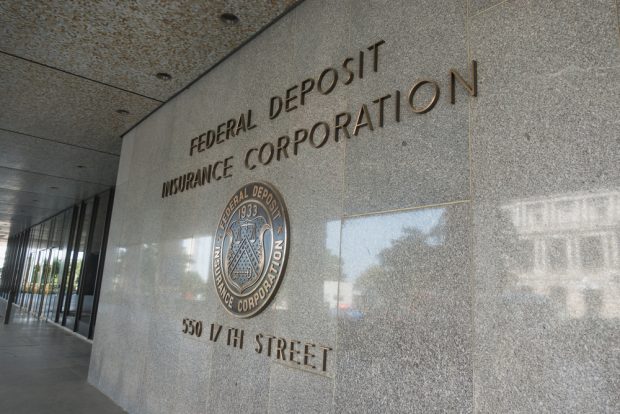Americans may have more tolerance for card fraud than citizens of some other countries, and about a third feel credit unions and community banks are best at protecting card and account information, according to a new study by e-payments firm ACI Worldwide and research firm Aite Group.
The survey of 6,035 consumers in 20 countries asked about attitudes toward fraud and data protection, as well as how people want financial institutions to communicate with them about suspected fraud.
Among other things, it found that 34% of Americans feel credit unions and community banks are better than large financial institutions, retailers or the government at protecting card and account information (39% said the same of large/multinational financial institutions).
National news coverage of data breaches at large financial institutions versus local coverage of breaches at community banks and credit unions may influence trust levels, it noted.
Building trust
The study also found that guidance or tips from financial institutions about preventing fraud can be scant — just 23% of American respondents said they’d received an e-mail, and 22% said they’d received regular mail about it. Another 11% said they recalled seeing anti-fraud information on their financial institution’s website. A full 38% don’t recall getting any guidance at all.
However, most American consumers (54%) are confident that stores, online shopping sites, restaurants and other firms they do business with are protecting their personal and financial data against hacking attempts and data breaches. Three countries scored above 50% on that measure.
“This is surprising considering the frequent news about breaches and hacks,” the study said.
Americans seem more inclined than perhaps others when it comes to showing mercy on compromised retailers, according to the study. Globally, consumers trust brick-and-mortar merchants less than online merchants when it comes to protecting payment information, and 65% on average said they would stop shopping at a retailer that caused fraud or data breach headaches. That number was only 37% in the United States, however.
“Consumers in the U.S. are far more forgiving toward merchants that cause them to experience fraud or a data breach,” the study said. “The U.S. is the only country surveyed where less than half of consumers would stop shopping at such a merchant.”
Getting comfortable with mobile wallets
From an anti-fraud perspective, mobile wallets appear to be currying favor among consumers in most areas of the world, including the United States, according to the study. About 80% of respondents in most of the study’s 20 countries said they were at least somewhat comfortable with mobile wallet security. Few were concerned about the security risks of using phones or tablets to shop or pay bills, the study found.
“Many consumers view their mobile devices and tablets as very different from laptops and desktops,” it said. “This misperception may lead consumers to be less concerned with security when it comes to mobile devices.”
Few consumers experience fraud through their mobile phones and tablets, and many may perceive “computer hacking” as something that targets businesses and governments rather than personal devices, it added.
Sending a message
The study found that 75% of consumers across 20 countries want a call or text message from their financial institutions if it noticed unusual card activity, though only 59% of American consumers said the same.
“In the Americas, the majority of consumers report they would prefer institutions to block transactions until they respond to the alert,” the study added.
“In the U.S. and Canada, more consumers report they would prefer more granularity by allowing common transactions to be approved based on past purchase history, with 29% of Canadian consumers and 35% of U.S. consumers preferring this option. This is much higher than numbers reported in Brazil and Mexico, possibly due to lower awareness that this option is even possible.”
The study said the findings suggest that financial institutions should keep up their fraud-education efforts, ensure their communication and disclosures about fraud protections are clear, and use mobile-based alert and communication options that can be based on local preferences.
© Touchpoint Markets, All Rights Reserved. Request academic re-use from www.copyright.com. All other uses, submit a request to [email protected]. For more inforrmation visit Asset & Logo Licensing.






